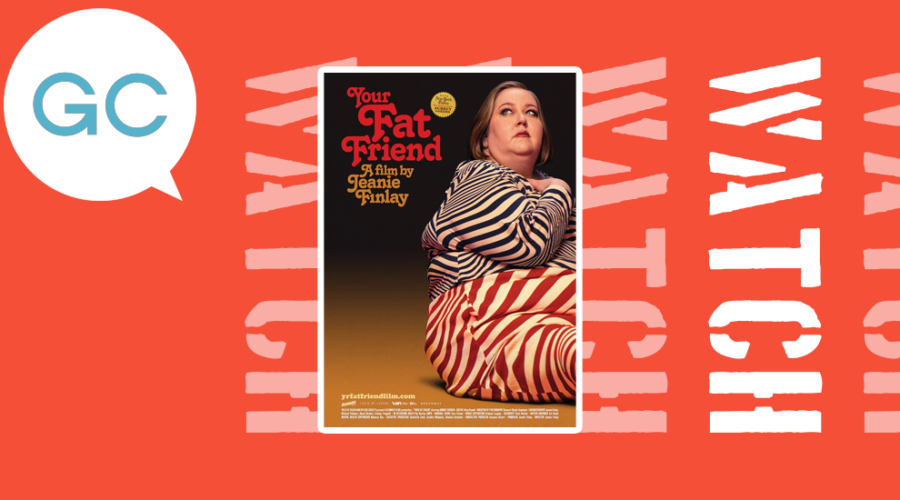Ah, the phenomenon of the Weight Watchers mum.
This is something I’ve talked about with a few friends. It’s a common experience that when we were teenagers, our mothers were obsessed with Weight Watchers or Slimming World or some other kind of faddy diet, and that sometimes they put us on these diets too, and that in any case, it had a profound detrimental effect on our burgeoning self confidence, sense of self, and our growing bodies.
It just makes me sad, honestly. Not only that our mothers (and in my case, my dad too) disliked themselves enough to torture themselves with syns and points, but that they also passed it on to their teenaged daughters.
I remember all too well about having to break down every little thing I had eaten in a day. I was about 14. I didn’t officially go to Weight Watchers but my dad photocopied all the charts so that we could all keep an obsessive eye on everything we ate.
And of course, we are still fat. My dad was obsessed with his weight until he died, unrelatedly, aged 55. My mother is a lot better than she used to be but the scars she left on me continue to this day.
I am the fattest in my family. I have also spent nearly 20 years undoing and unlearning diet culture and coming to live with my body. It’s an ongoing process. I have of course come across Aubrey Gordon’s writing and podcast, but I hadn’t yet seen her film, Your Fat Friend, until recently.
One of the most poignant parts of it for me was the conversation between Aubrey and her mum about her mum’s journeys with Weight Watchers and how she made Aubrey go along.
It was all too familiar.
Aubrey is also the fattest in her family. Her dad and stepmum talk about how they fear ‘losing control’ around food, insinuating that Aubrey HAS lost control. Her mum talks about how she felt that Aubrey’s fatness reflected badly on her as a parent. I suspect this is a common experience for fat people, too.
In general I liked the film. Aubrey and I have very similar views on fatness and health and reclaiming fat and how our thin(ner) friends sometimes react to our bodies. I think I’m pretty good at showing my thin friends how my fat body needs to be treated and I would love this empowerment for all fat people.
I also found it really moving when Aubrey talked about her fears about being doxed, given that she was originally anonymous, and about the trolling she endures. Anyone fat with an internet presence knows how that feels and it never gets better.
Maybe a film like this can start to change people’s minds. Fat people: they’re just like thin people, only fatter. I won’t state any fat liberation theories here – you can look them up yourselves – but I will say that I loved Aubrey speaking on fat liberation and not just ‘body positivity’.
Aubrey is seen doing all the things we all do: working, exercising, grocery shopping. In a lot of the shots she is filmed from a low vantage point, showing her body in a way that felt like lazy storytelling about her body, about exactly what it looks like and how fat it is. It felt like the zillion times that ‘headless fatties’ are shown on the news every time we’re blamed for everything wrong in the world.
I also didn’t like that it felt like there were deliberate efforts to show Aubrey breathless. Everyone gets breathless! It’s normal! This felt like a cruel choice on the part of the director, Jeanie Finlay, who is herself a fat woman. It seemed a lot like the way that Honey Boo Boo’s mum, June, was portrayed on the TV.
I would recommend the film a hundred percent, especially if you’re thin or have been on diets for years and years, but I would say to look carefully at how Aubrey’s body is shown, too.
In the end, Aubrey is a woman who has achieved a lot, who has written a book and won awards and who speaks brilliantly about the body she inhabits. It just seems kind of a shame that in this film that is what she is reduced to. Her family are supportive, and loving, but still seem to fear what her body means for her life – and for theirs.

